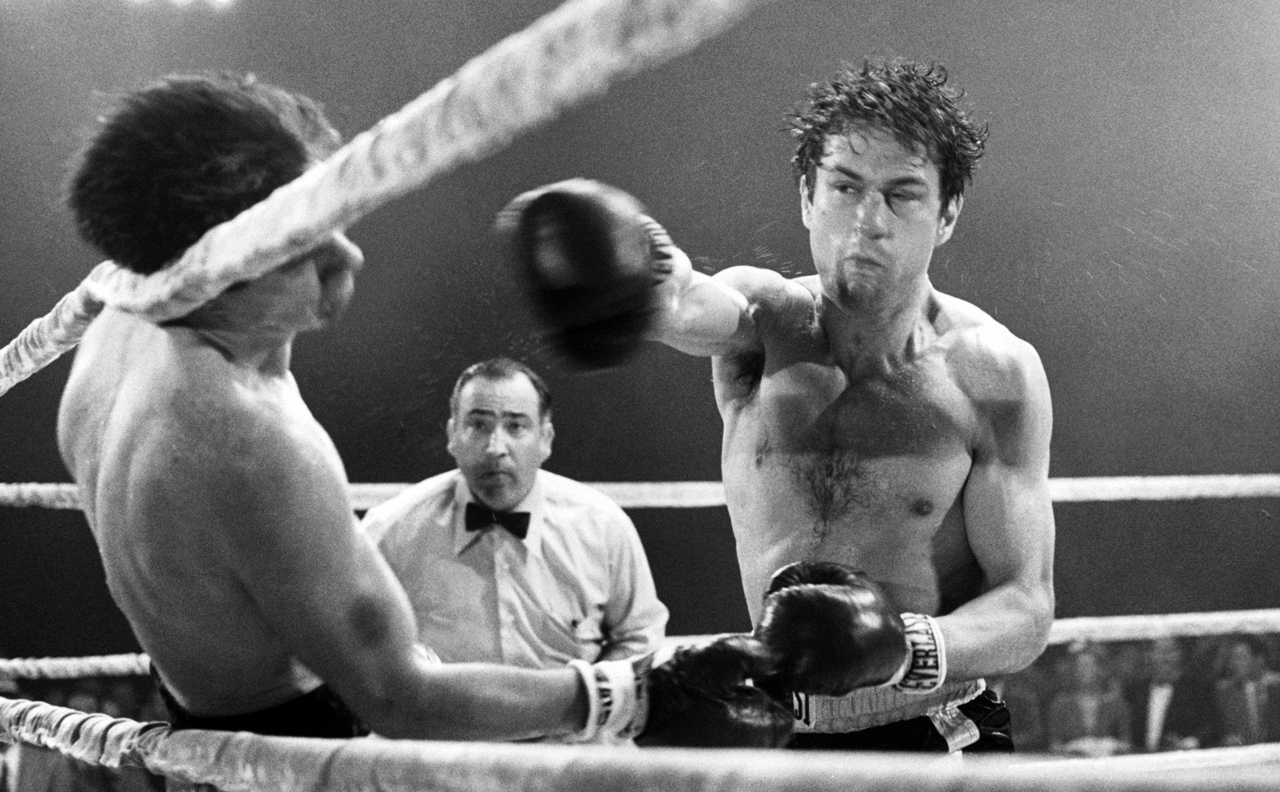The best biographical films of all time

There’s an old adage which suggests that “truth is often stranger than fiction”, although this may seem like a stretch given the imaginative capacity of the human mind and the huge range of outlandish, dystopian narratives that have been shared in print and on screen.
However, there can be no doubt that some of the best and most epic films of all time have been biographical in nature, relaying the incredible stories and narratives behind some of history’s most significant and enigmatic figures.
So, which biographical films are deemed the most engaging and insightful? Here are four suggestions for a must-watch list.
Gandhi, 1982
Ghandi is a biographical epic that remains popular to this day, despite having been released more than 40 years ago in 1982.
As the name suggests, this film charts the incredible life and times of Mohandas Gandhi, who spent most of his life rebelling and protesting against British rule in India.
Portrayed brilliantly by Ben Kingsley, Gandhi was renowned for his non-violent approach to civil disobedience, while his staunch efforts in the face of significant oppression ultimately led to India’s independence as a country.
The film itself is considered to be highly accurate and realistic, while its extended running time of 191 minutes is more than justified given the nature of the content. The film was also nominated for numerous awards and won many of these, including eight wins alone from that year’s Academy Awards.
High Roller: The Stu Ungar Story, 2003
While the narrated tale of infamous card player Stu Ungar may have some slight inaccuracies and failed to capture the enigmatic Ungar’s renowned lack of table etiquette, it did manage to encompass the tragedy and hopelessness of its subject’s life.
Ungar was immersed in the world of gaming from a young age, and despite the best efforts of his father to protect his son, he was playing for money at the age of ten. After his father died shortly after, the younger Ungar became the sole earner in his household, and he was soon traveling to New York to compete in high stakes tournaments.
The film charts Ungar and his various highs and lows, from winning three WSOP bracelets and banking more than $2 million in career earnings to his gradual struggle with depression, anxiety, and a drug addiction. This ultimately played a role in his demise, as he developed a subsequent heart complaint that was the primary contributor to his death.
Raging Bull, 1980
This brooding sports biopic is considered to be one of Martin Scorsese’s finest directorial efforts, while Robert DeNiro’s outstanding portrayal of the Italian-American middleweight boxer Jake LaMotta is also considered to be one of his best-ever roles.
DeNiro famously engaged in so-called “method acting” in preparation for the role, both cutting and gaining weight for different segments of the film and even engaging in three competitive boxing matches in Brooklyn, New York (winning two of these bouts in the process) as part of his training.
LaMotta was a skilled but troubled boxer, and one who’s best known for his epic clashes with the legendary “Sugar” Ray Robinson. In fact, he fought Robinson five times during his career, winning once but losing the other four and sustaining heavy beatings in many of his fights. This had much to do with LaMotta’s aggressive but flat-footed fighting style, which saw him develop a penchant for taking significant amounts of punishment while on the attack.
LaMotta also endured a difficult personal life, fueled by fears that his younger wife (who was 15 when he married her at the age of 19) was cheating on him. This underpinned a constant anxiety in LaMotta, triggering a gradual, downward spiral that caused often uncontrollable rages and a marked lack of discipline in the ring.
Ultimately, his career and personal life crumbled around him, with Scorsese’s brooding screenplay and use of a black-and-white setting perfectly capturing the mood and encapsulating the turbulence that defined every aspect of LaMotta’s life!
The editorial unit
























Facebook
Twitter
Instagram
YouTube
RSS